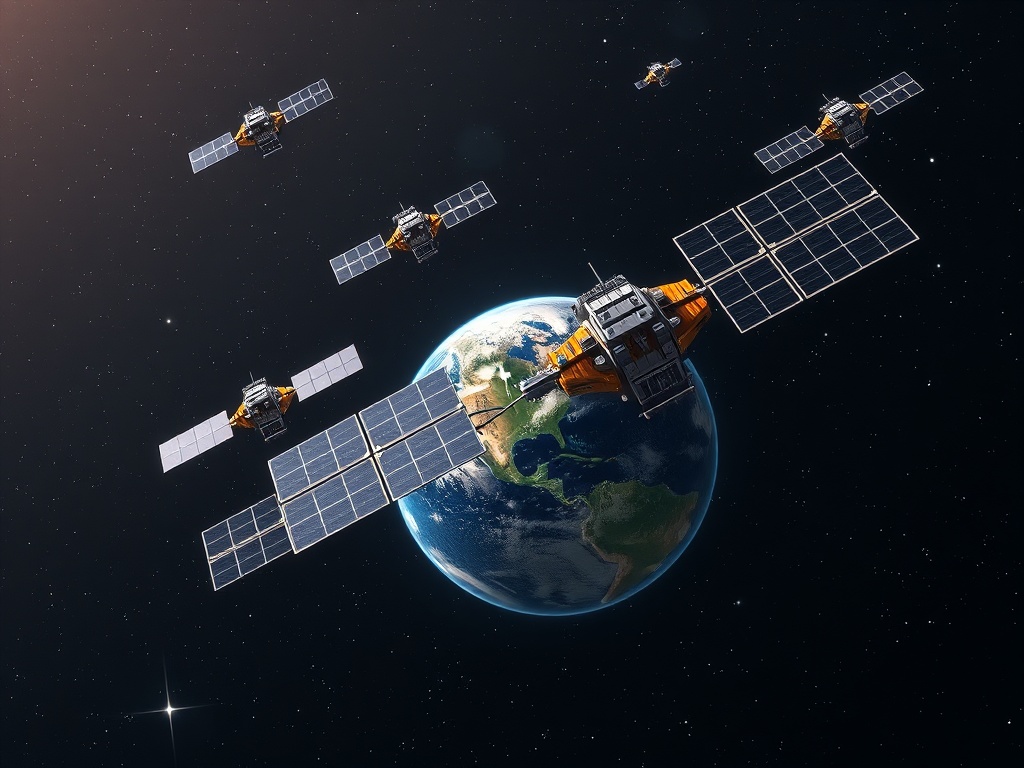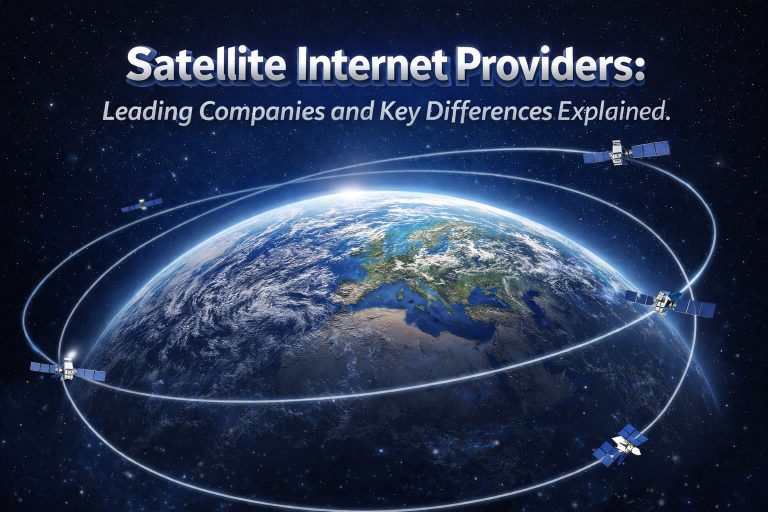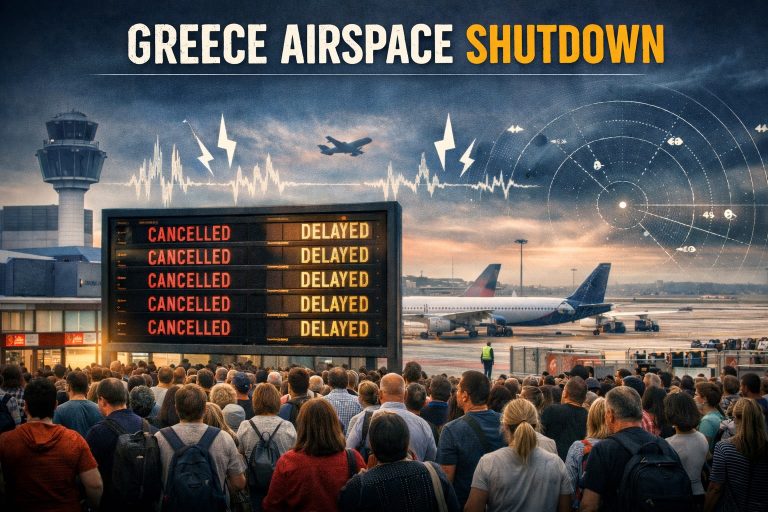
On Thursday, SpaceX’s Starlink experienced one of its most significant international outages to date, caused by an internal software failure that left tens of thousands of users disconnected. This disruption is a rare incident for Elon Musk’s powerful satellite internet service, known for its reliability and rapid growth.
Reports of the outage began to surface around 3 p.m. EDT (1900 GMT), as tracked by Downdetector, a crowdsourced outage monitoring service. The platform indicated that nearly 61,000 users reported issues, primarily from regions in the United States and Europe. Many users took to social media to express their frustration and seek information about the outage, highlighting the reliance on Starlink for internet connectivity, especially in rural areas where traditional broadband options are limited.

Starlink, which boasts over 6 million users across approximately 140 countries and territories, acknowledged the outage on its X account. The company stated, “We are actively implementing a solution,” indicating that they were working quickly to restore service and address the underlying issue.
Michael Nicolls, Vice President of Starlink Engineering, provided updates on the situation, revealing that service began to resume after about 2.5 hours. He explained, “The outage was due to the failure of key internal software services that operate the core network.” In a message of accountability, Nicolls apologized for the disruption and assured users that a thorough investigation would be conducted to determine the root cause of the failure.
Elon Musk also addressed the outage, expressing his apologies on X: “Sorry for the outage. SpaceX will remedy the root cause to ensure it doesn’t happen again.” His acknowledgment reflects the company’s commitment to maintaining the quality of service that users have come to expect from Starlink.
This outage represents a significant hiccup for SpaceX’s most commercially critical business, leading experts to speculate about the potential causes. Some suggested that the disruption could have stemmed from a software glitch, a faulty update, or even a cyberattack. Doug Madory, an expert at the internet analysis firm Kentik, noted that the scale of the outage was unusual, stating, “This is likely the longest outage ever for Starlink since it became a major service provider.” Such an event raises questions about the resilience of the network as it continues to expand.
As Starlink’s user base grows, SpaceX has been heavily focused on upgrading its network infrastructure to meet increasing demands for higher speeds and greater bandwidth. The company is also collaborating with T-Mobile to enhance its constellation by deploying larger, more powerful satellites. This partnership aims to provide direct-to-cell text messaging services, enabling mobile users to send emergency texts in rural areas where traditional cellular service may be lacking.
Since its inception, SpaceX has launched over 8,000 Starlink satellites, crafting a uniquely distributed network in low-Earth orbit. This extensive system has attracted significant interest not only from consumers but also from various sectors, including military organizations and transportation industries, all seeking reliable internet access in challenging environments.
The implications of this outage extend beyond just consumer inconvenience. Gregory Falco, director of a space and cybersecurity laboratory at Cornell University, speculated that the issue could be linked to a problematic software update, drawing parallels to a previous incident involving CrowdStrike’s widely used cybersecurity software. That situation led to global flight cancellations and widespread disruptions across multiple industries, affecting millions of Microsoft Windows devices.
As the investigation into the outage continues, it remains unclear whether the disruption impacted SpaceX’s other satellite-based services that rely on the Starlink network. Notably, Starshield, the company’s military satellite business unit, holds lucrative contracts worth billions with the Pentagon and U.S. intelligence agencies. Any shortfall in Starlink’s service could have ramifications for these critical operations.
Source: Reuters Edited by Bernie S.



